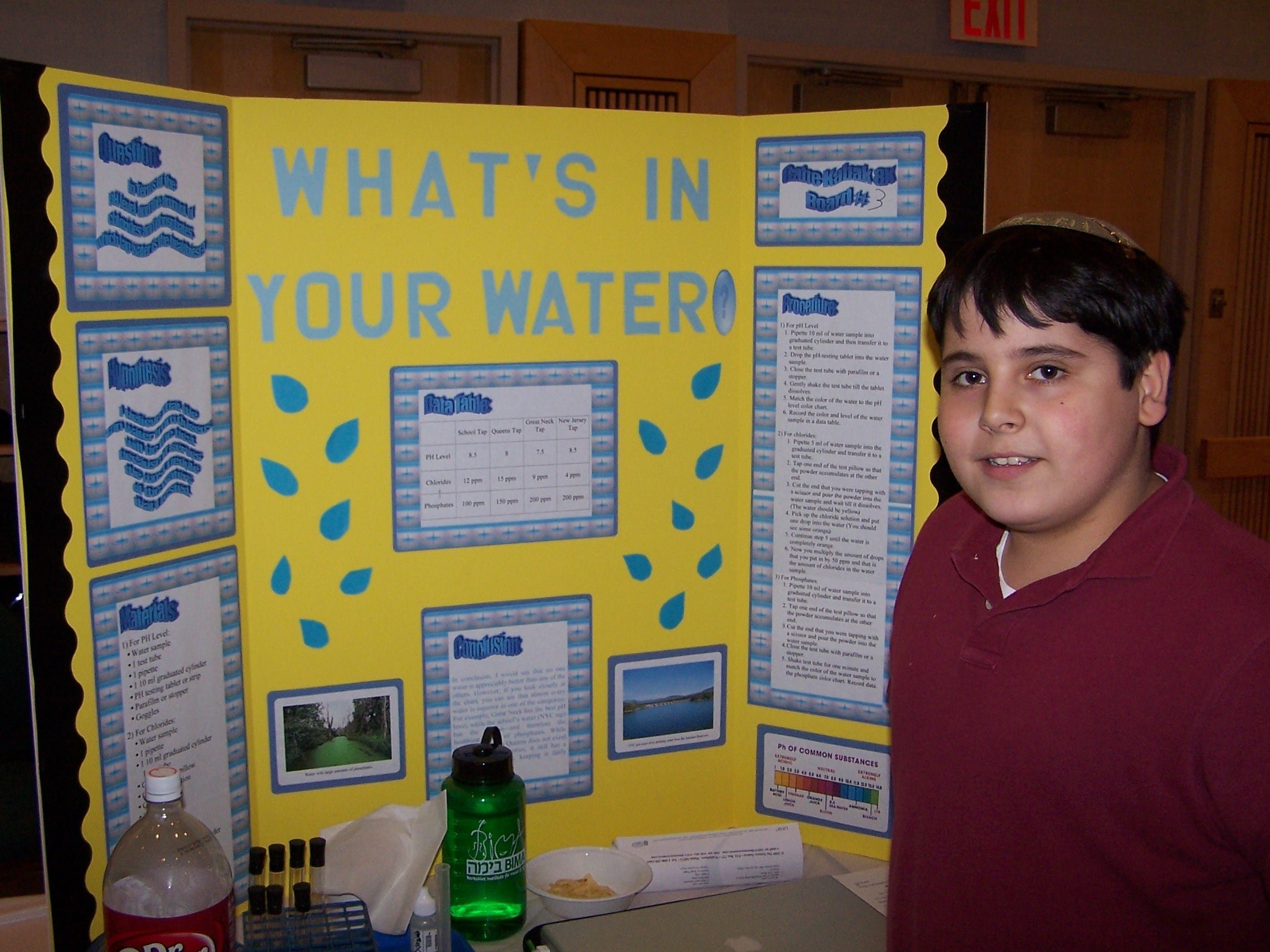

Stand on a pile of paper cupsĬombine physics and engineering and challenge eighth grade science students to create a paper cup structure that can support their weight. Learn more: Science Buddies/DIY Shampoo 14. Concoct and test your own shampooĮver wonder what makes shampoo effective? In this experiment, you’ll cook up your own recipes and try them out to see which ingredients work best. Round up some willing volunteers and administer the Meyers-Briggs personality test, then challenge your subjects with a memory test.

Examine the connection between personality and memoryĭo introverts have better memories than extroverts? This science project aims to find out.

Build cars and crash-test them to learn the best methods of keeping passengers safe. This is a great class project for teachers, but it’s also excellent for an 8th grade science fair experiment. Learn more: Science Buddies/Solar Desalination 11.

Construct solar-powered desalination devices with readily available materials, and find the most effective desalination methods. Make a solar desalinatorĬlean freshwater is a valuable commodity. Learn more: Steve Spangler Science/Root Beer Science 10. This yummy project teaches chemical reactions and, of course, requires a taste test. Who says science can’t be delicious? Plus, any experiment where you get to use dry ice is always fun (take proper safety precautions, please). YouTube video, and learn more about Rube Goldberg machines here. Construct a Rube Goldberg machineĬreate a machine to complete a simple task in the most complicated fashion! This is a neat eighth grade science project because it allows you to use a variety of physics concepts in a fun way. Learn more: Blog She Wrote/Cast Animal Tracks 8. Cast animal tracksĮxplore wildlife biology by becoming an expert tracker! Learn to identify tracks and take casts, even if you can’t go for a hike in the woods. Learn more: Science Buddies/Interleaved Paper 7. It’s an easy project with fascinating results. Paper seems smooth and slides apart easily, right? This experiment challenges that notion by interleaving multiple pieces of paper and testing their strength. Learn more: Science Buddies/Roller Coaster 6. Kids may have created marble roller coasters before, but have they ever built one with a loop-the-loop? They’ll have to experiment to find out which initial height gives a marble the speed it needs to complete the journey. Follow the directions at the link to build one, or challenge eighth grade science students to experiment with their own construction methods. Newton’s cradle is a fascinating way of demonstrating momentum and energy transfer. Learn more: Science Buddies/Electrolytes 5. You’ll need a few special supplies, like a multimeter and an ohm resistor, but they’re inexpensive and easy to find. Compare them with water or orange juice for a cool science fair project. Sports-loving kids will enjoy the chance to learn just how many valuable electrolytes their favorite sports drinks contain. Can they build a hand that can pick up a ball? How about one that can pluck up a piece of string? So many possibilities! Or encourage them to think of ways they can improve upon the design. Challenge your students to make the model as shown at the link. This is a project that can be tweaked in a variety of ways. Learn more: 123 Homeschool 4 Me/Build a Light Bulb 3. Then, turn it into an eighth grade science fair experiment by tinkering with the various materials to make a light bulb that lasts longer, burns brighter, or is powered by an alternative source. Build a better light bulbįirst, use the steps at the link to build a simple light bulb with a jar, some wire, and a 6-volt battery. Some of the main topics covered in 8th Grade science are weathering and soil, structure and composition of the atmosphere, human impact on resources, animal and plant cells, living things, and the environment, matter, atoms, elements, and the periodic table, chemical reactions, motion and forces and electricity, and magnetism.In this experiment, kids water plants with different liquids, like rainwater, tap water, salt water, and even soda. It’s appropriate to cite references for any information that isn’t common knowledge or that draws on the work of others.ĥ5 8th Grade Science Projects – In this 8th grade science fair project, find out just how much energy one tealight candle can give when you build a thermoelectric fan powered by this tiny. You should do the project yourself, rather than enlist heavy-duty help from a parent or older student. Typed reports and posters are the norm (sorry, no handwritten text). You’ll be expected to present data in the form of tables and graphs. 8th grade science fair projects tend to involve the scientific method and designing an experiment and not making models or explaining processes.


 0 kommentar(er)
0 kommentar(er)
